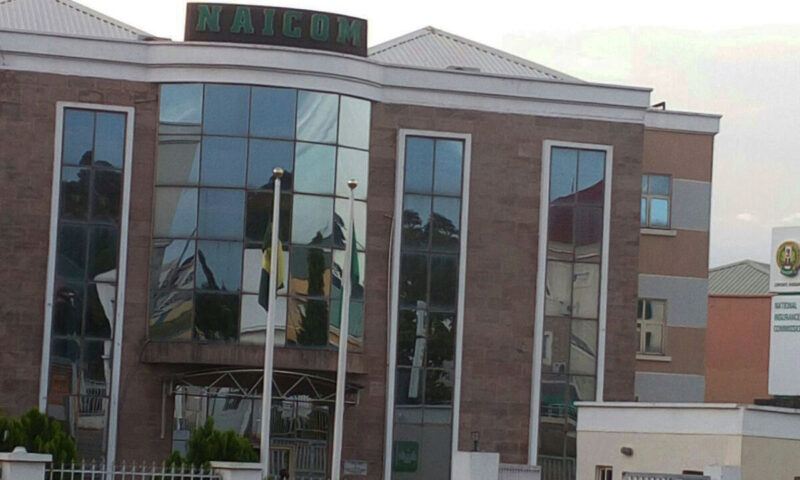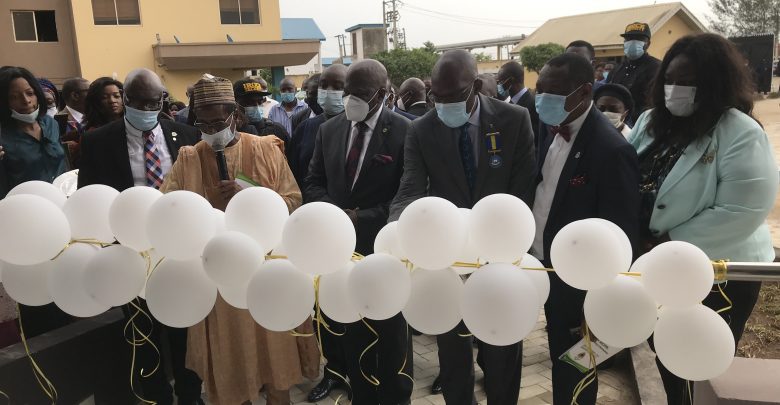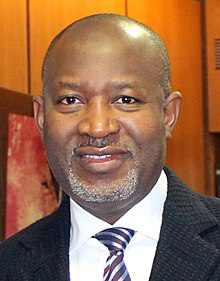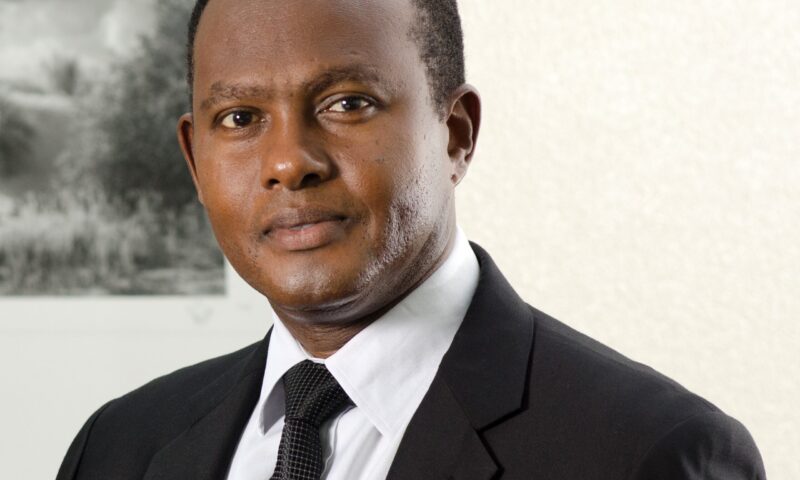Business continuity planning needs to proactively address political violence risks, particularly in highly-exposed sectors such as retail as insurers need to prepare for more of those risks, according to the latest issue of Global Risk Dialogue from Allianz Global Corporate & Specialty (AGCS).
AGCS said since damages, disturbances and, ultimately, losses from riots, protests, vandalism or other forms of civil unrest are now among the main political risk exposure for companies, with the ongoing impact of the Covid-19 pandemic likely to drive further activity,
Head of Global Political Violence and Hostile Environment Solutions at AGCS, Bjoern Reusswig said, “Fortunately, large scale terrorism events have declined drastically in the last five years. However, the number, scale and duration of riots and protests in the last two years is staggering and we have seen businesses suffering significant losses,”
Reusswig further said, “Civil unrest has soared, driven by protests on issues ranging from economic hardship to police brutality which have affected citizens around the world. And the impact of the Covid-19 pandemic is making things worse – with little sign of an end to the economic downturn in sight, the number of protests is likely to continue climbing.”
Civil unrest as a key business risk
Causing physical damage, business interruption or loss of revenues, civil unrest incidents are becoming a more significant risk for companies in the current environment, as reflected in the findings of the Allianz Risk Berometer 2021.
In the annual global risk survey, ‘political risks and violence’ returned to the top 10 risks for the first time since 2018. This risk trend is supported by recent research findings which predict the ranks of global protesters to swell over the next two years:
Verisk Maplecroft a research firm specializing in global risk analytics, expects 75 countries to experience an increase in protests by late 2022. Of these, more than 30 – largely in Europe and the Americas – will likely see significant activity. Political violence also caused significant insurance claims in 2020.
While the protests, following the death of George Floyd at the hands of the Minneapolis police, which occurred in 140 US cities over the spring, were mostly peaceful, the arson, vandalism and looting that did occur will cost the insurance industry at least US$1bn to $2bn in claims, according to Axios.
Businesses do not have to be direct victims of civil unrest to suffer financial losses. Revenues can suffer if the surrounding area is cordoned off for a prolonged time or while infrastructure is repaired to allow reentry of customers, vendors and suppliers.
For example, during the “yellow vest” demonstrations, shops along the Champs-Élysées in Paris were looted and heavily damaged, which drove customers away. After only a few weeks of demonstrations, the French retail federation reported that retailers nationally had lost $1.1bn in revenue.
Covid-19 pandemic likely to fuel further violence
The Covid-19 pandemic is a key driver behind the rise of civil unrest as it has both magnified underlying long-standing grievances and given them a focal point.
The pandemic has negatively affected political stability, increasing polarization and bringing into sharp relief issues surrounding equality, worsening labor conditions and civil rights.
“Unfortunately, the risk of riots and violence is likely to become more acute because of Covid-19,” says Michael Stone, a risk consultant for AGCS North America. “The measures governments have used to combat the coronavirus have had a significant socioeconomic impact and frustration is growing in large population segments.
The impact is particularly evident in the US, where the social safety net is not as comprehensive as elsewhere. People are concerned. Job, health and income security are all gone. They’re more likely to demonstrate and have a shorter fuse, so it isn’t surprising that anti-lockdown demonstrations can turn violent.”
The fact that the pandemic has enabled conspiracy theories to flourish among sections of population also prepares the ground for future turbulence – and even physical damage in some cases, according to Reusswig. One theory that baselessly links 5G technology with the coronavirus resulted in a series of arson attacks on cell phone towers in the UK and other European countries.
Growing need for business continuity planning
Preparation against political violence risks is key – in particular for exposed sectors such as retail. During two days of “Black Lives Matter” demonstrations in late May in Chicago, almost every storefront on Michigan Avenue, which includes the “Magnificent Mile” shopping district, sustained damage.
Businesses need to review their business continuity plan. Typically, these only focus on national catastrophes, but there is a growing need for BCPs to address political disturbances and other types of disruption like cyber incidents. Having defined, and tested, procedures in place is crucial – these should focus on staff, clients and include general communication and social media plans.
Companies should also review their insurance policies. Property policies may cover political violence claims in some cases but insurers also offer specialist coverage to mitigate the impact of strikes, riots and civil commotion via the specialist violence market.
“Previously this coverage was seen as a ‘nice to have’ for clients and ‘nothing to be overly concerned about’ by insurers. However, this has changed since 2018, as both the frequency and severity of these events has increased significantly. We see growing interest and demand for political violence covers from companies,” says Reusswig.
***











